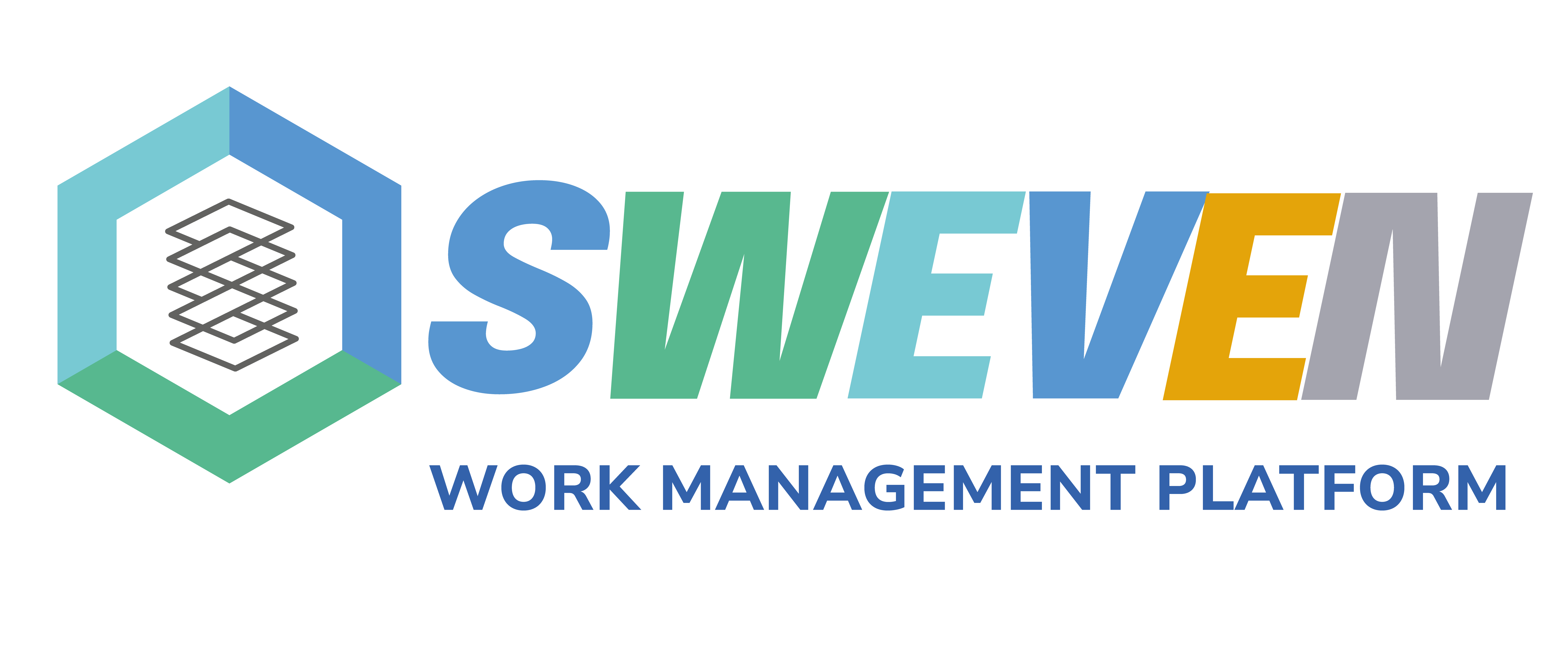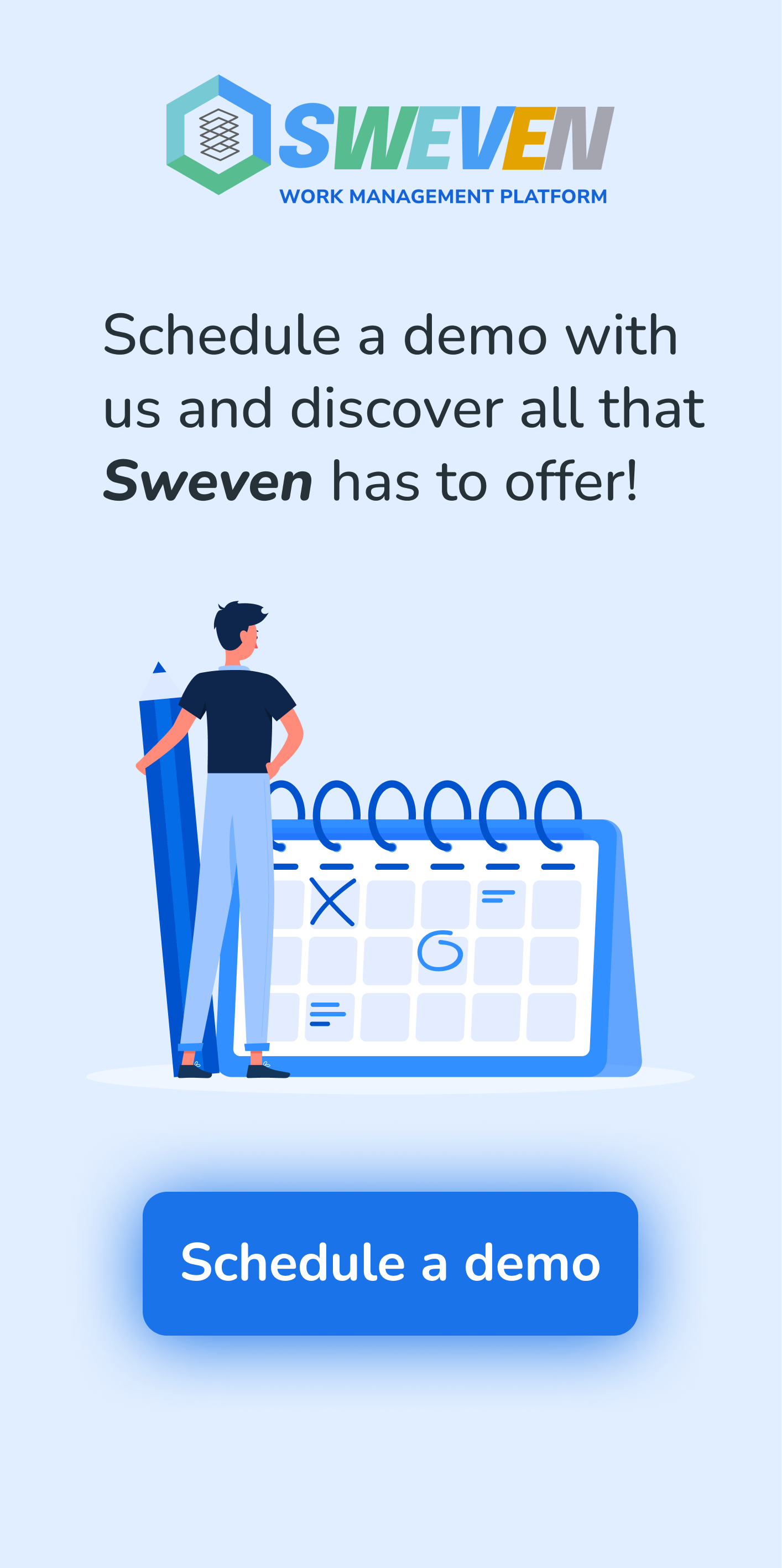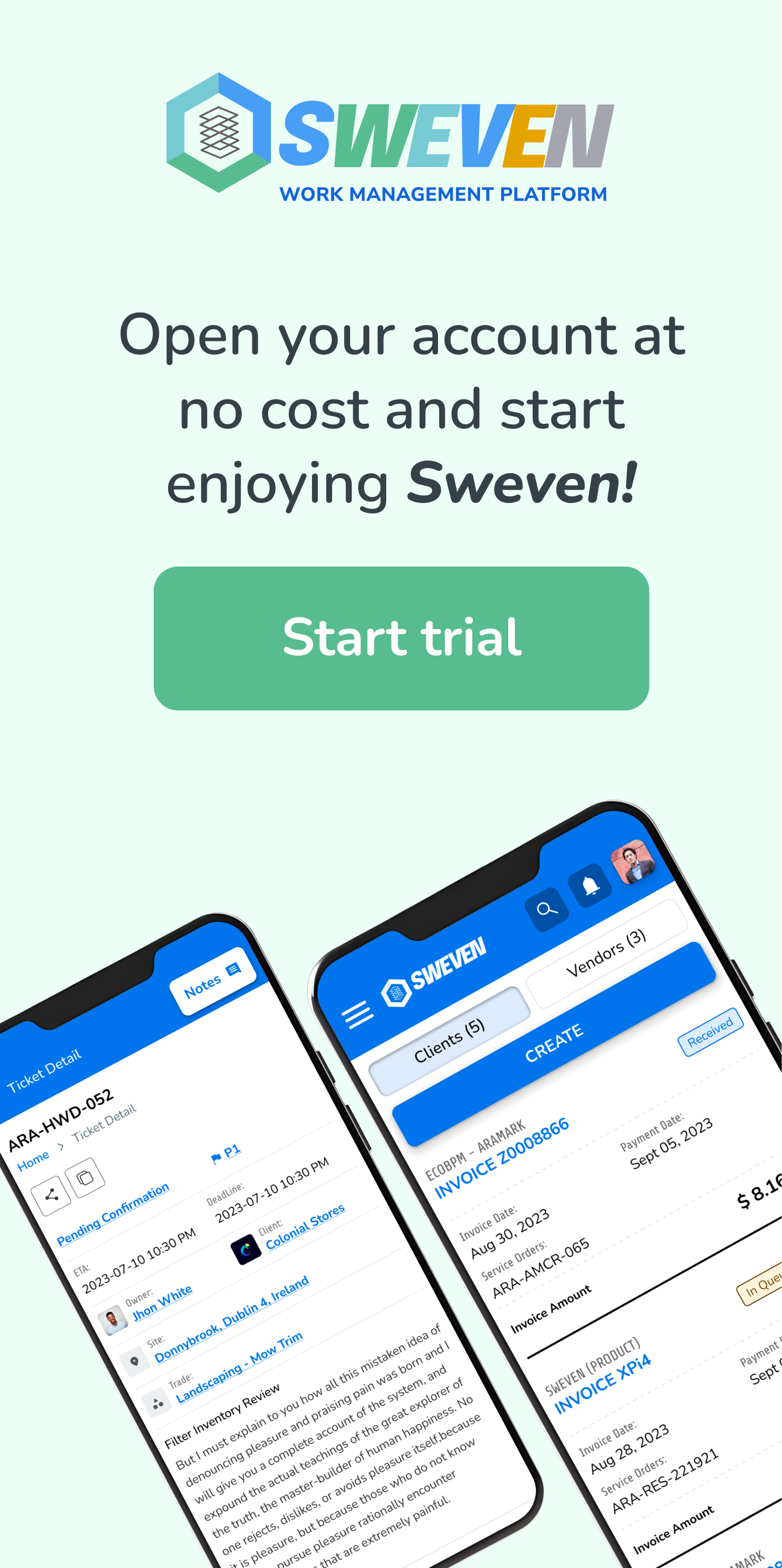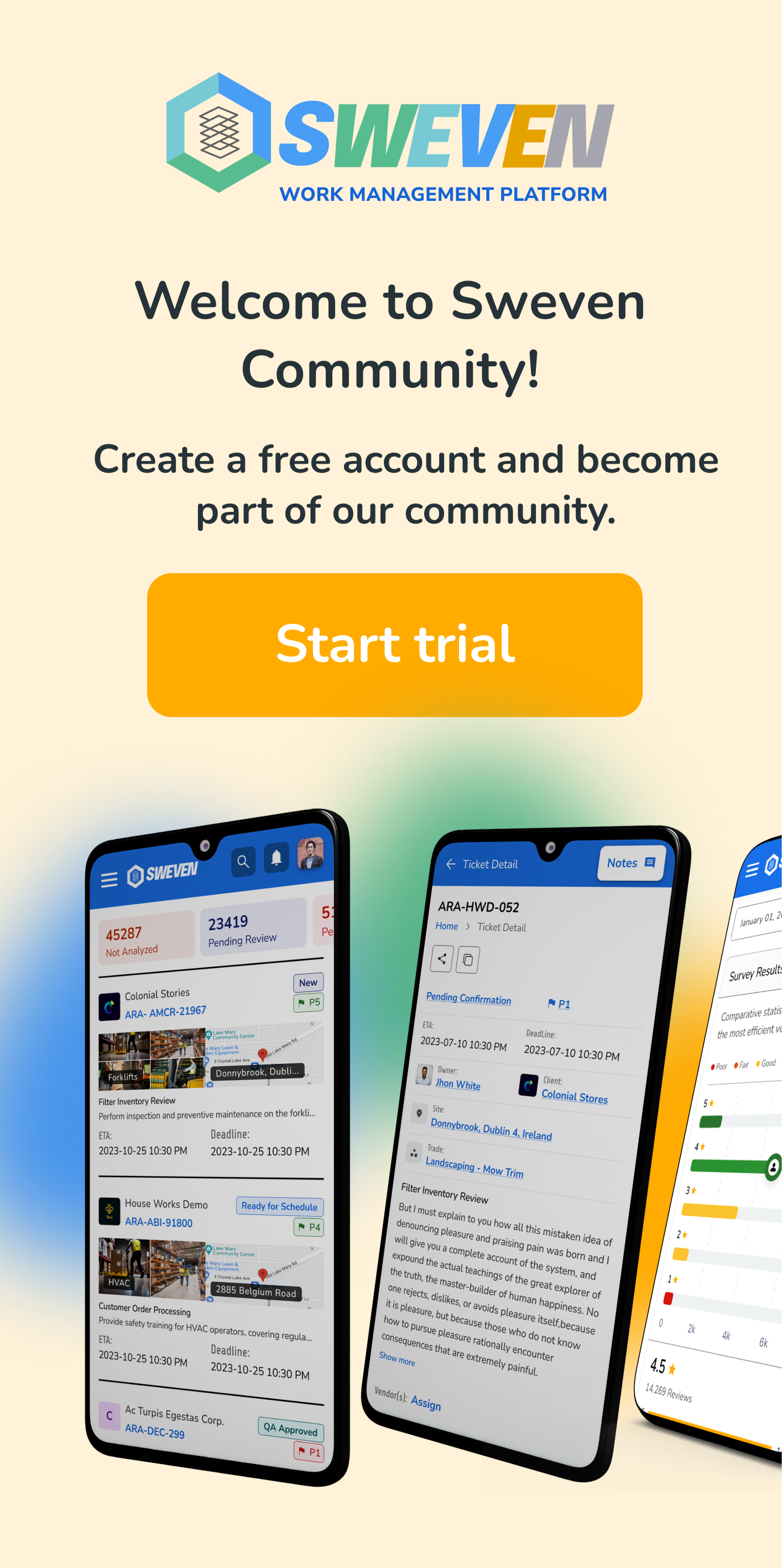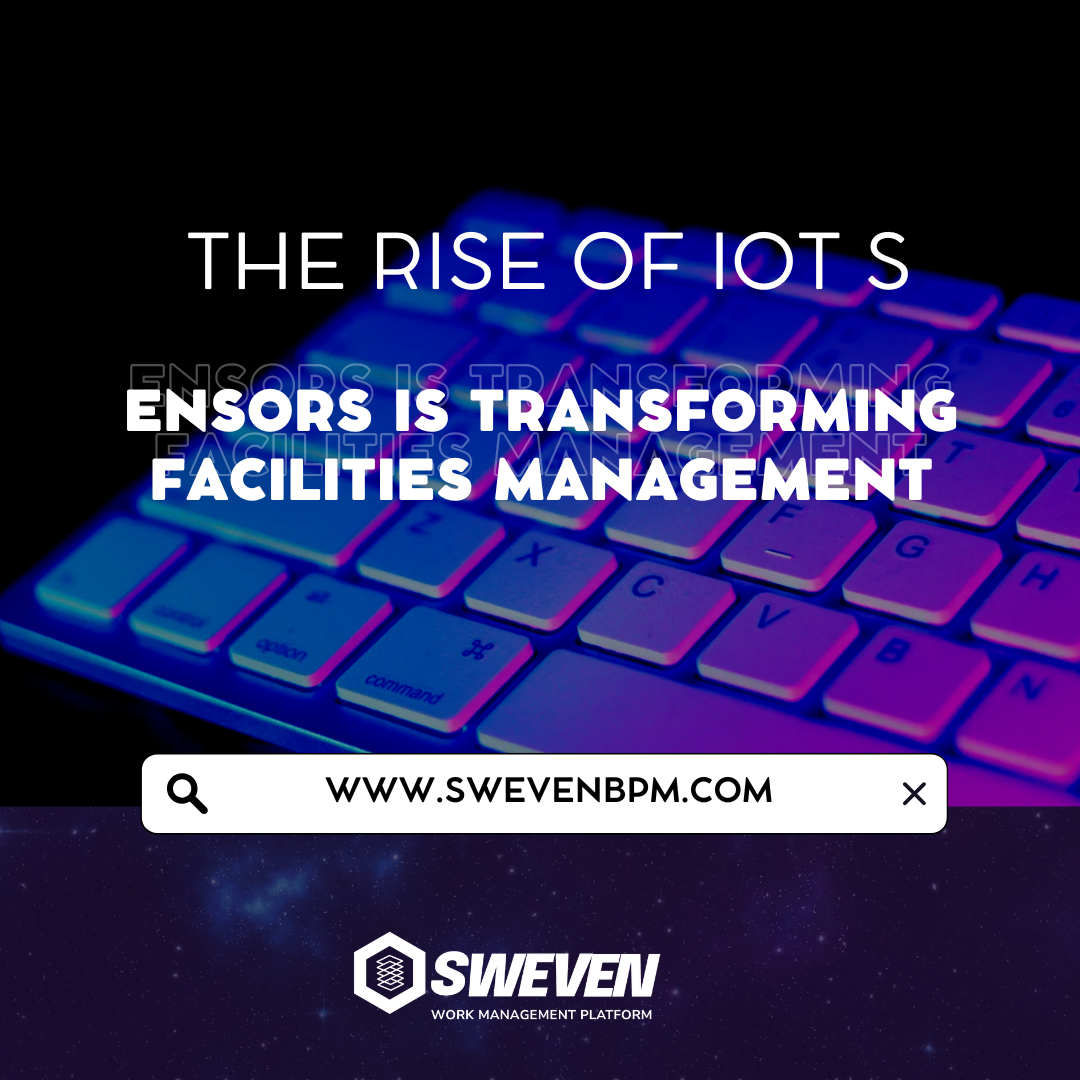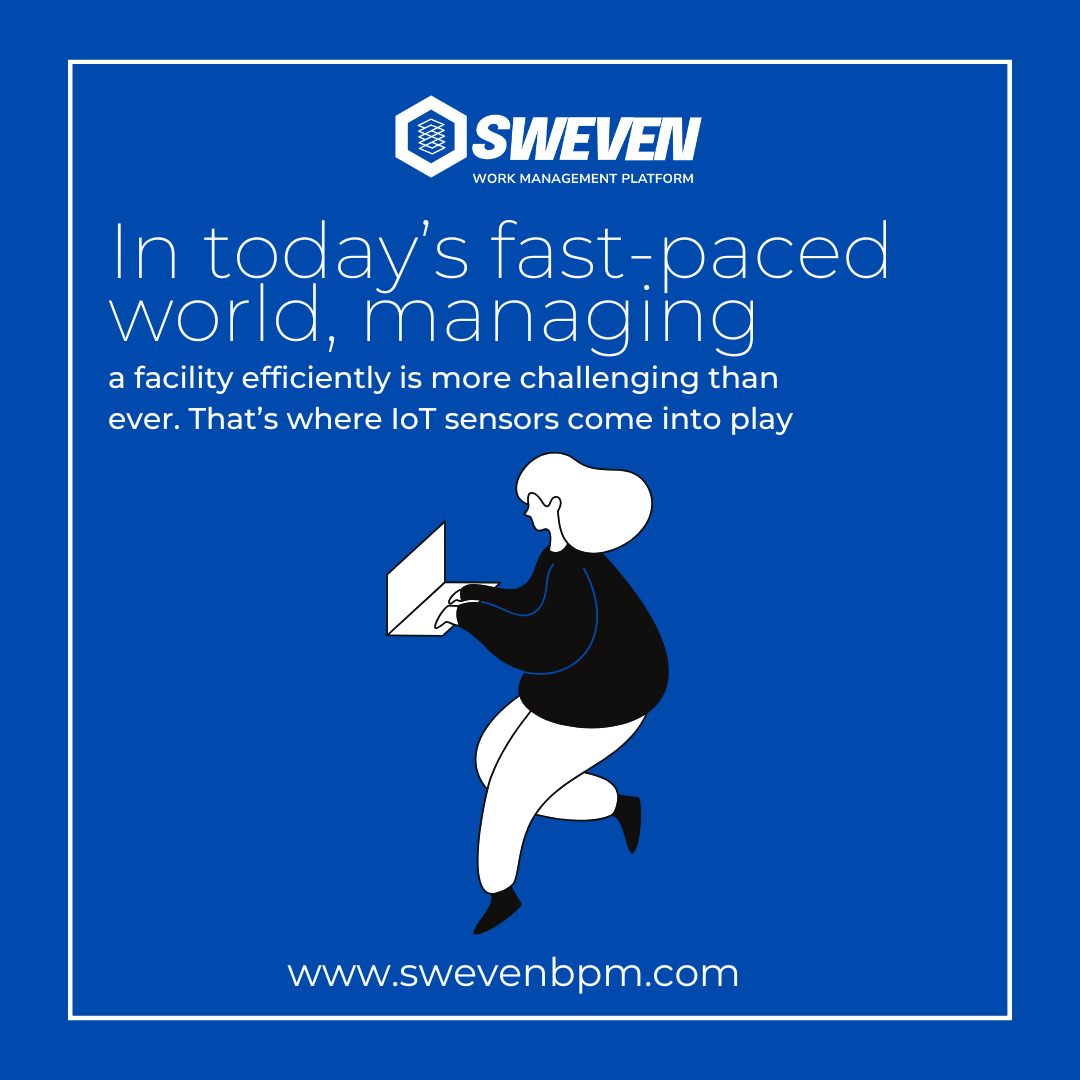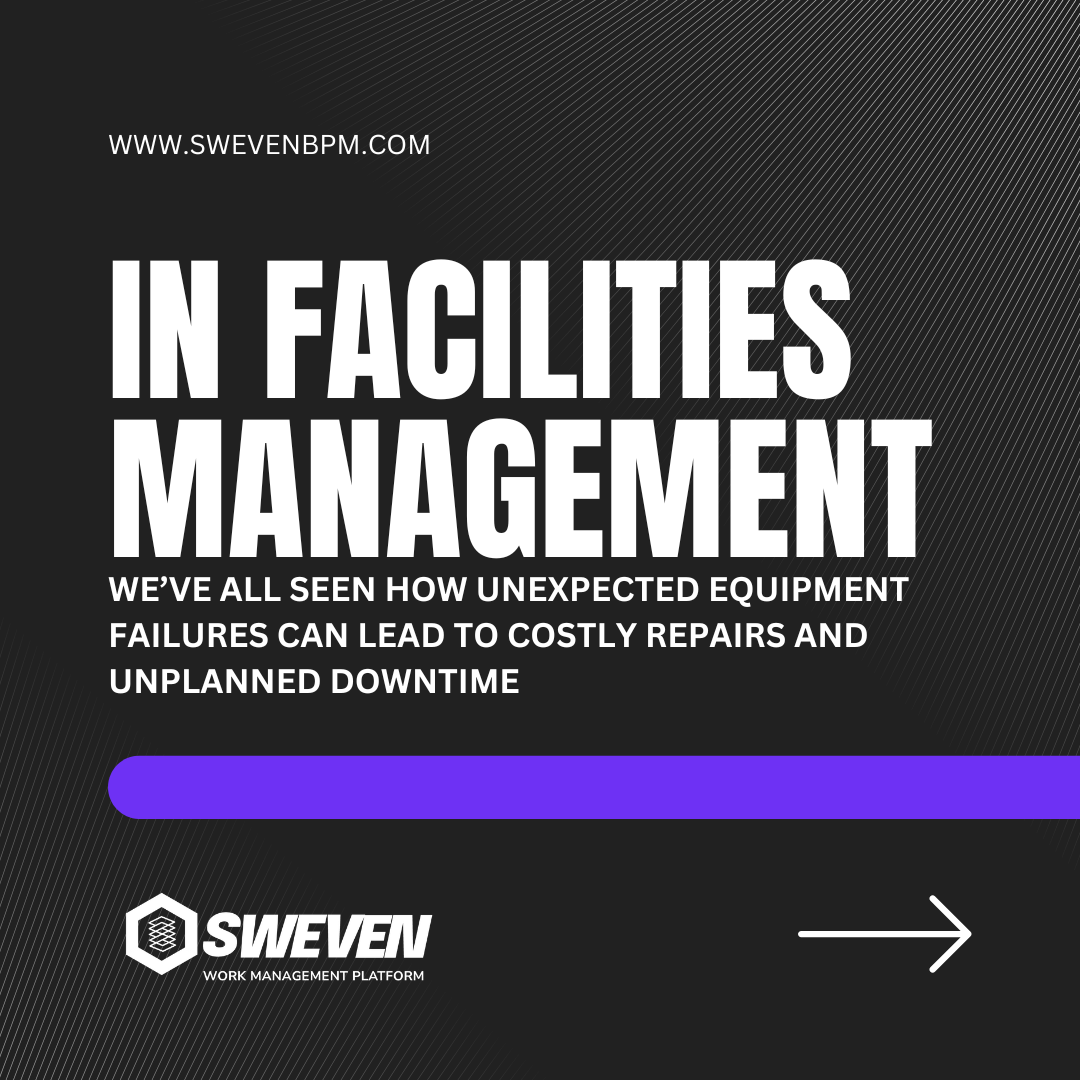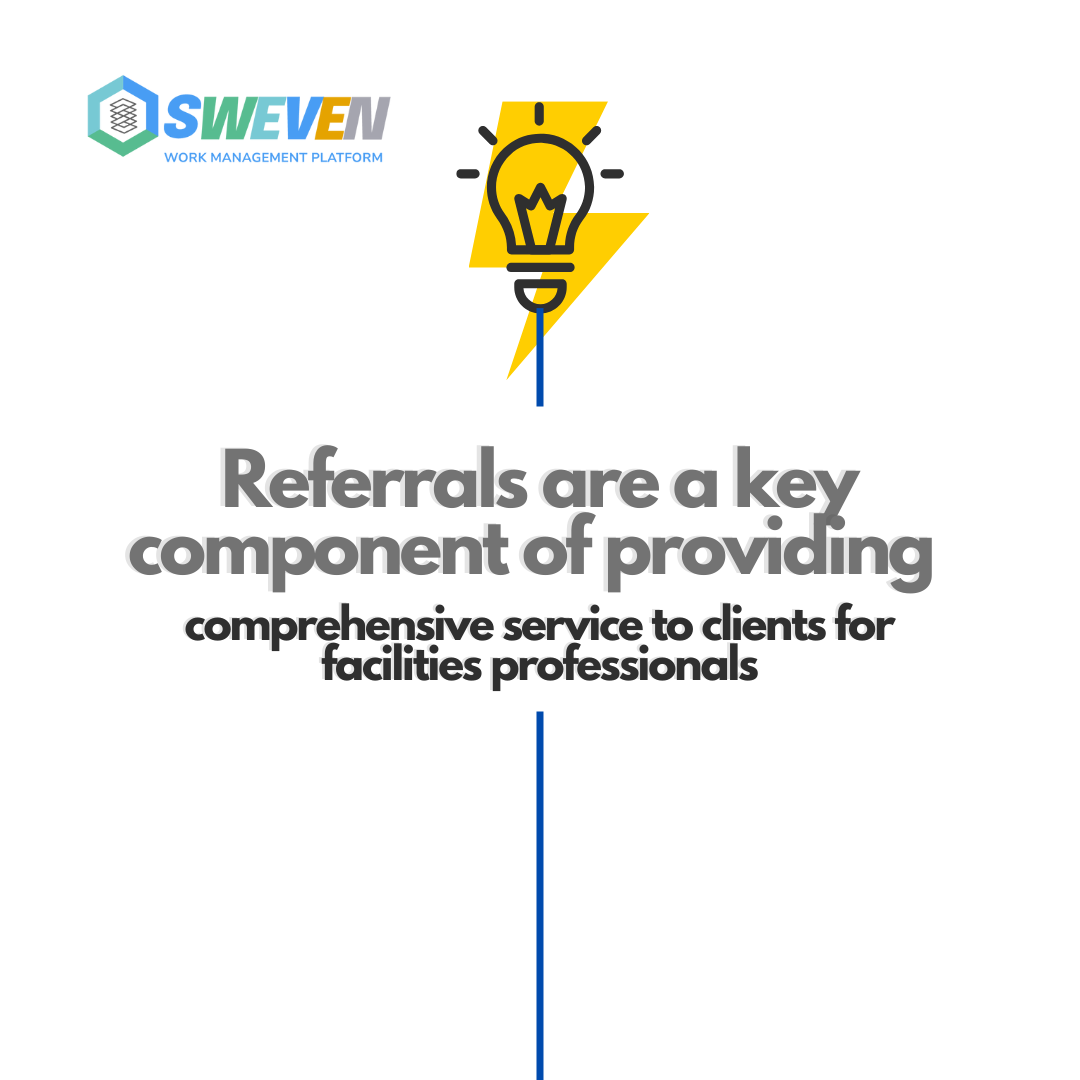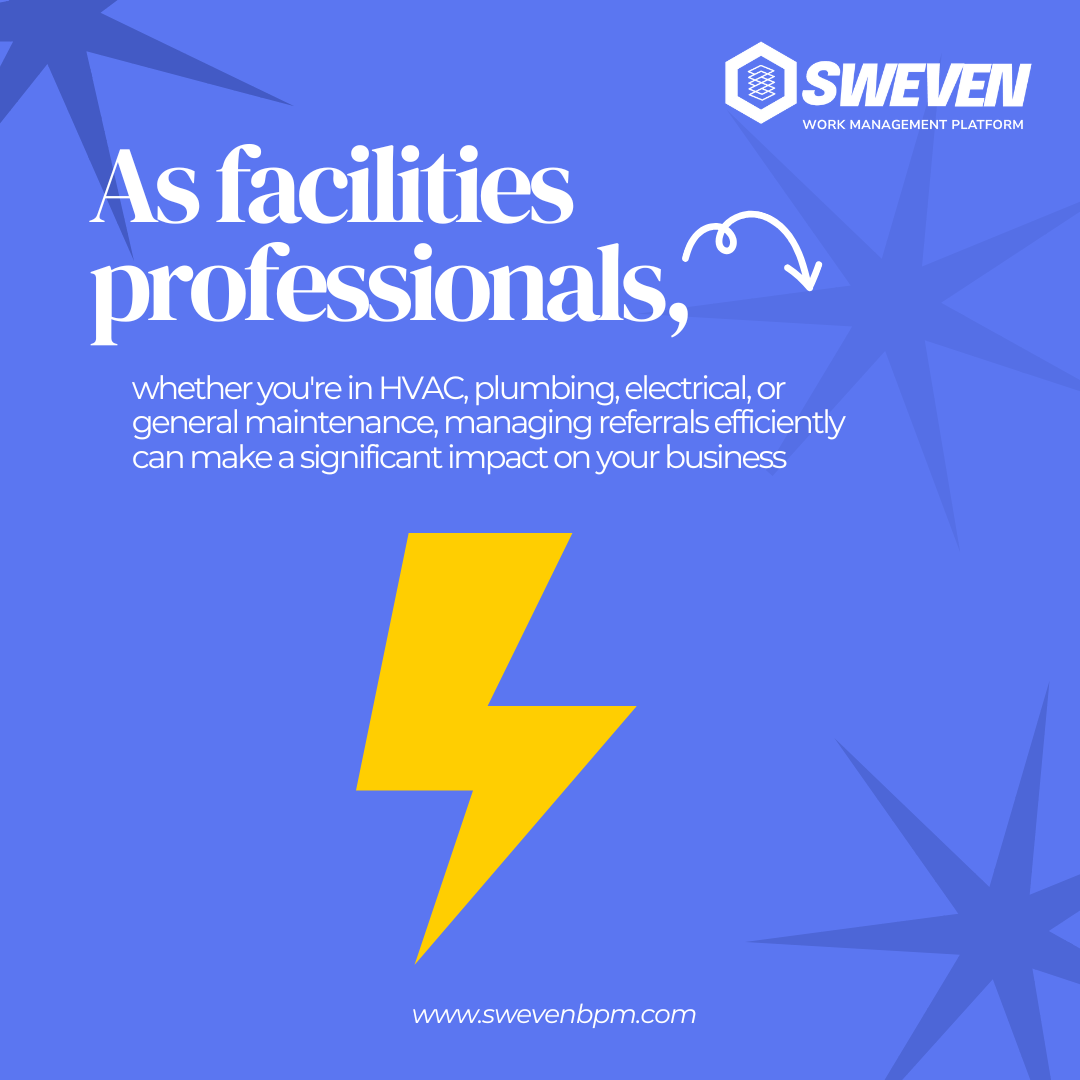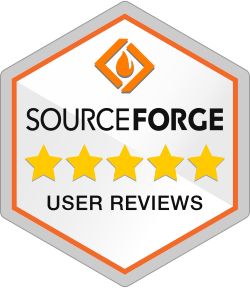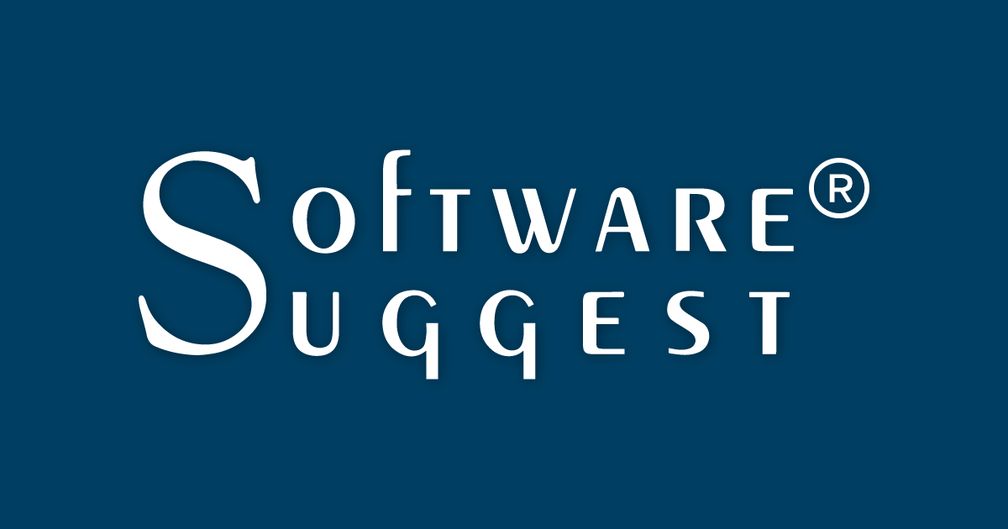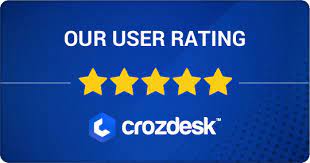In almost every industry, vendors play an important role for companies. The relationship between owners and suppliers can determine potential growth and even the achievement of profit goals.
Over the years, the way we manage our vendors has changed; practices like squeezing for the lower price or pushing ETAs have been left in the past. Nowadays, we are witnessing how companies focus their approach with vendors on more forward-thinking relationships where clients and suppliers can both benefit.What does vendor management mean?Vendors are businesses or individuals who provide services or materials to companies. Depending on the industry and the operation size, you’ll have different vendors, each one with a rate, contract and communication dynamics.
Without the right tools, vendor management can become a real nightmare and, in many cases, a leak of resources.
Thankfully, there are systems that can help us with this sensitive work, that involves sourcing, enrolling, getting quotes, negotiating contracts and, of course, evaluating performances.
To have a better understanding of why vendor management is essential for business success, we share our view on its importance summarized in 5 top reasons:
- Get top performances
As soon as a vendor is enrolled in the management system, you can measure its performance and compare it with contract stipulations. Data from that tracking is useful to identify improvement areas and detours in the operation before they become problems

- Avoid contract breaches and risks
In order to reduce risk related to suppliers and the implications of a contract breach, companies need to have full visibility of suppliers’ information, background, qualifications and certifications. By using a centralized system, is possible to access this data to have a broader view of risks levels and decide if a vendor is suitable or look for alternatives in the area.

- Cost control
Let’s be clear, cost control doesn’t mean squeezing vendors to get a better deal. Actually, a vendors management system can let you know all about a vendor’s activities within the company and help you identify redundant processes that can be cut off. This, eventually, can improve profitability and cost reductions.

- Quick onboarding process
Time is money, and when it takes ages to enroll a new vendor, your productivity sinks and work is far from being completed. With the right system, you can get quick access to information like regulatory details, contracts, availability and bank information for fast approvals. The sooner you have the right vendor enrolled, the better for business, right?

- Brand reputation and notoriety
Reputation is an intangible asset, but yet, one of the most valuable for companies. It’s a fact that no one wants to be related to unprofessional or unethical vendors. By using centralized information, it’s possible to reduce the risk of getting into business with suppliers who don’t comply with environmental or legal regulations, or even with those whose work doesn’t meet the quality standards of your organization.

